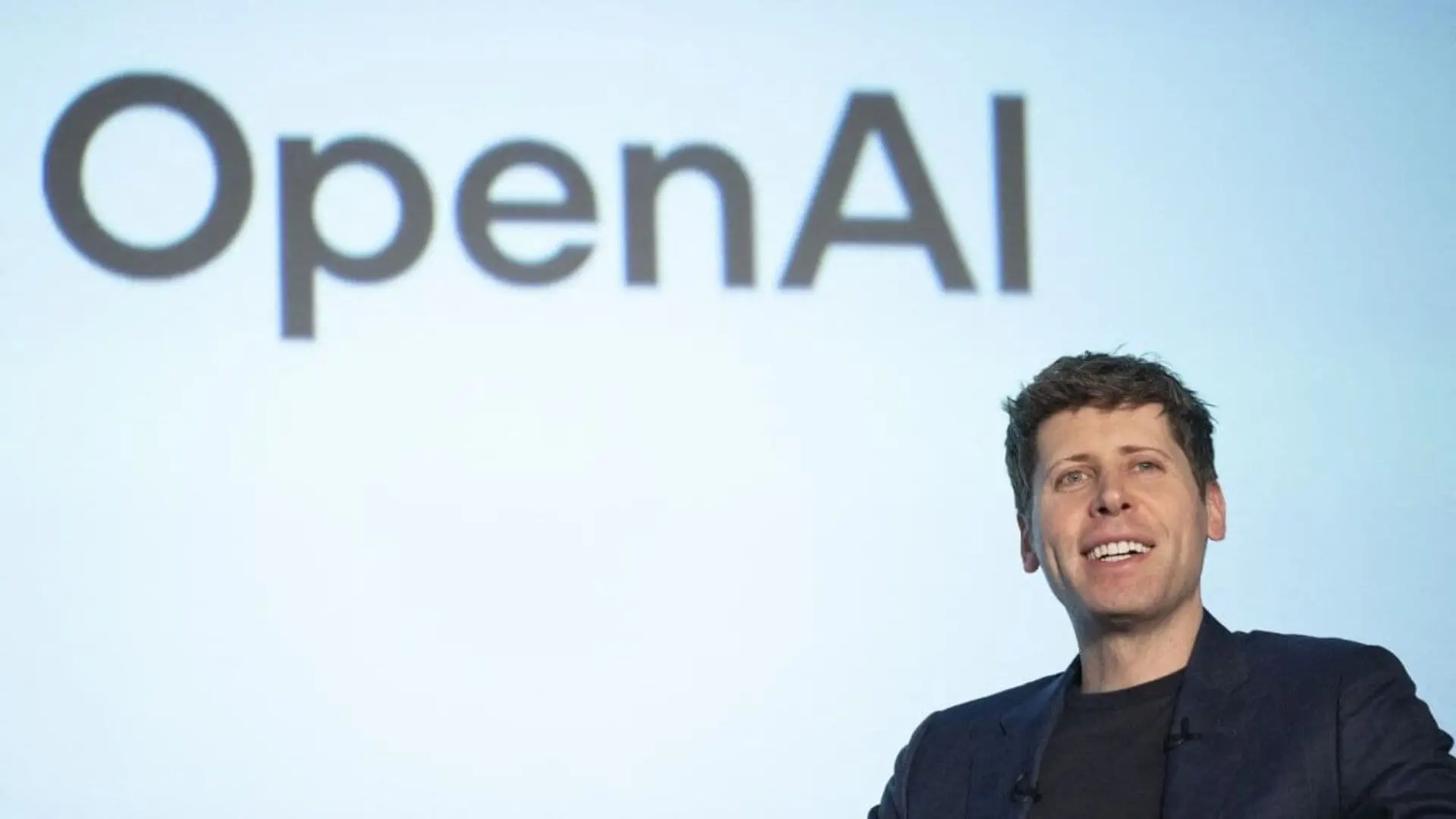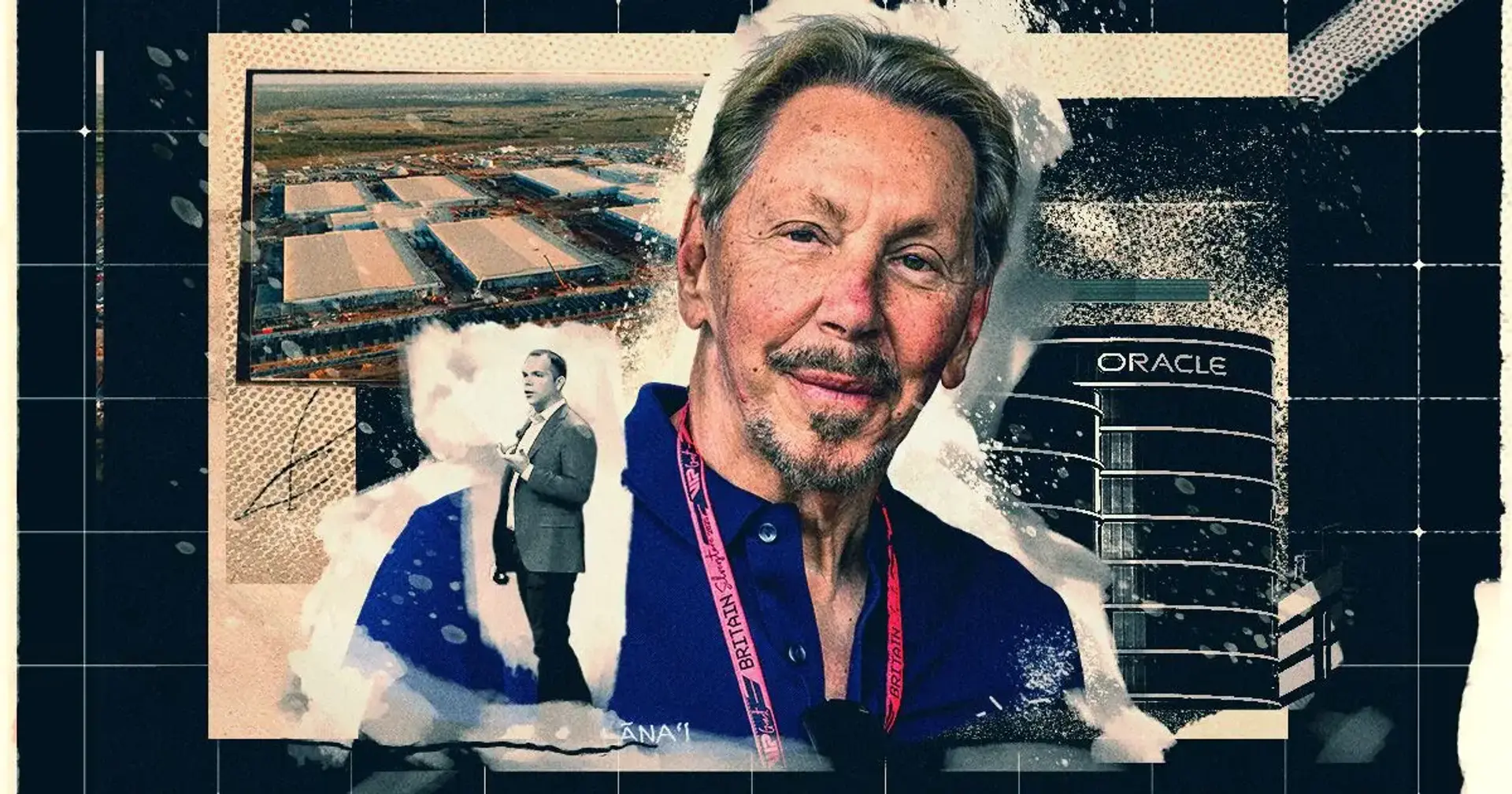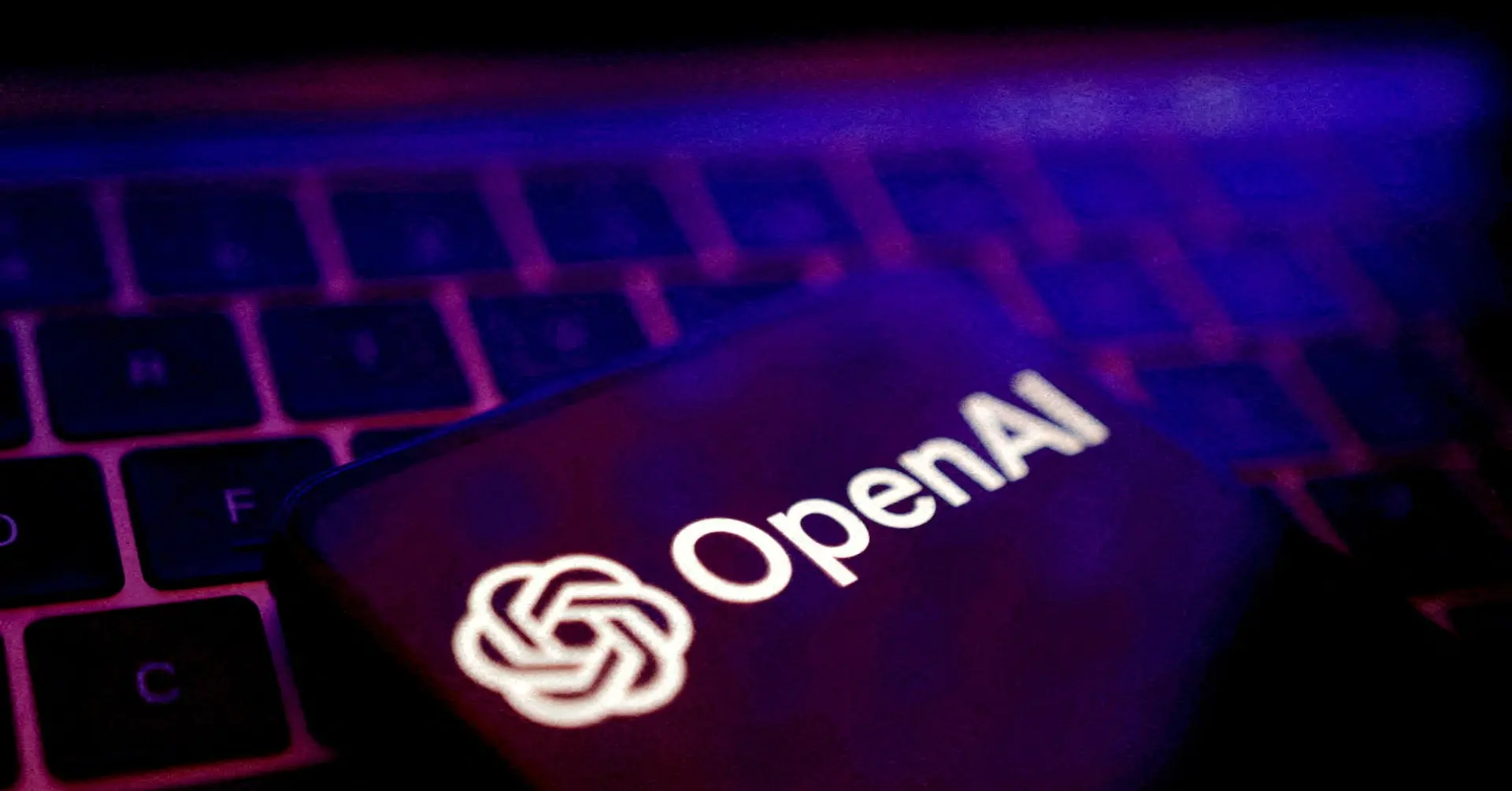OpenAI is developing its own AI chips in collaboration with Broadcom, aiming for mass production by 2026. This move is designed to reduce OpenAI's reliance on Nvidia and gain greater control over its hardware roadmap. The chips will be used internally to optimise AI model training and improve performance. The effort aligns with strategies employed by other tech giants like Google, Amazon, and Meta, who are also designing custom chips for AI workloads. Broadcom's CEO indicated a significant order of over $10 billion for AI infrastructure from an undisclosed client, which sources suggest is OpenAI. This partnership could potentially reshape the AI hardware landscape, challenging Nvidia's market dominance.
OpenAI's custom chip project is led by a former Google engineer and involves a team of around 40 members. The company plans to utilise TSMC's 3-nanometer process technology for manufacturing. This technology should enable the development of efficient and powerful chips capable of handling demanding AI models. While developing custom chips presents challenges, including high costs and potential delays, it offers OpenAI greater independence and the ability to optimise its AI models for enhanced performance.
In related news, OpenAI has also announced an AI jobs platform and certification programme in collaboration with Walmart.




